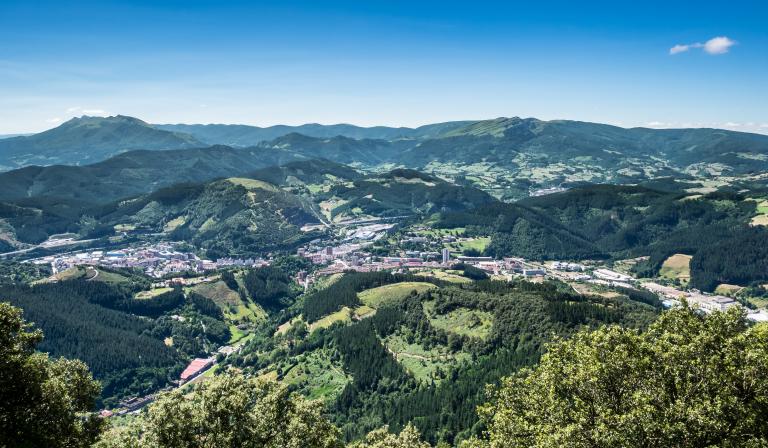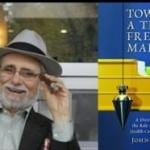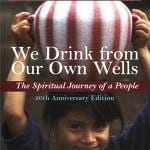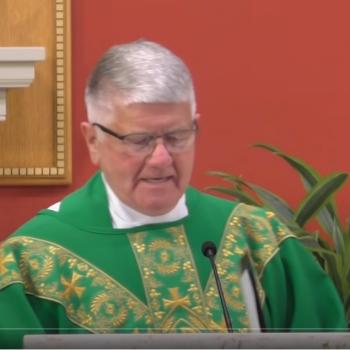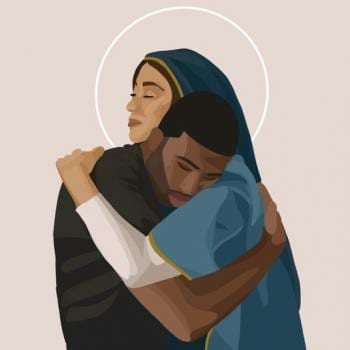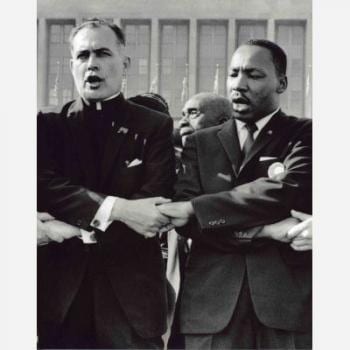“It’s like a big house. A big house that belongs to everybody.” (Comment by a Mondragón worker.)
Only recently I came across the marvelous German-language (with English subtitles: click the little CC button at lower right of screen) documentary, Mondragón: A Basque Cooperative, made in 2012 when the aftershocks of the 2008 financial collapse were still reverberating through Europe. It’s a revelation.
The German film crew had heard that this network of cooperative businesses were withstanding the economic shock: no layoffs, 10% lower unemployment in the region as compared with the rest of Spain, etc.
And they had likely noted that the U.N. had declared 2012 as the International Year of Cooperatives. The crew arrived in Mondragón on the day a group of French bankers from Credit Agricole were also touring various facilities in hopes of learning more about the “Mondragón miracle”: at this date, 85,000 employees globally, 120 separate cooperative enterprises, 87 of which are industrial, plus a bank / credit union, a consumer coop, several agricultural coops, eight educational coops (including Mondragón University), five social service coops, and no less than fourteen research and development centers. Not a coop, nor even a network of coops any longer, but a cooperative regional economy — and an ethos.
On this island in the midst of the rapacious global economy, there are no stockholders, no investors: just owners who have all agreed that 90% of profit must be reinvested in the company for wages, savings, and research.
An amusing scene early in the film features a little party of buttoned-up French bankers, led by a Mondragón worker-owner in shirtsleeves, strolling across a factory floor and snapping pictures of unremarkable equipment, as though the cooperative “secret” might perhaps be contained in the machinery.
Another striking scene is the monthly meeting for the Fagor unit which manufactures commercial and kitchen appliances. Seated at a table in front of about 50 worker-owners, the team leaders explain that the annual sales figures are bad — down about 15%, in fact. As is their practice, the group understands that their options are several: cut their own wages, abolish any extra dividends, moving workers from the struggling coop to another coop (based on “cooperative solidarity”). After a subdued but pointed presentation of the situation, one team leader ends the meeting by asking, “Any questions?” There are no questions. “That’s how a family works,” one fellow comments to the camera as everyone files out the door.
In this town of 24,000, even a local policeman echoes the solidarity. “People here don’t consider the police a threatening force,” he says, “relationships are different here. We all know each other.”
The mayor adds, “The Franco years forced us Basques into a kind of economic greenhouse within which we could grow these small coops into something stronger, so that when the country opened up again, we were able to compete successfully. We simply had to take our destinies into our own hands.”
At the Meal Club, a bar-restaurant collectively owned and with members who take turns playing waiter, maître d’, etc., an evening celebration ends with some Basque nationalist songs of struggle and independence. Happily, the bad times of the terroristic ETA violence (roughly between 1970 and 2000) ended in 2010 with the group’s self-dissolution. But the sense of Basque identity is surely part of the chemical mix in this story.
Where else have we seen, as the film asks, a group of blue-collar workers creating a successful socio-economic empire, born out of the ruins of war and rising amidst a hostile post-war environment of expanding global capitalism.
This achievement is also a Catholic story and it has a Catholic priest-hero — Mondragón founder Don Josemaría Arizmendi — about whom I’ll post more another time.

